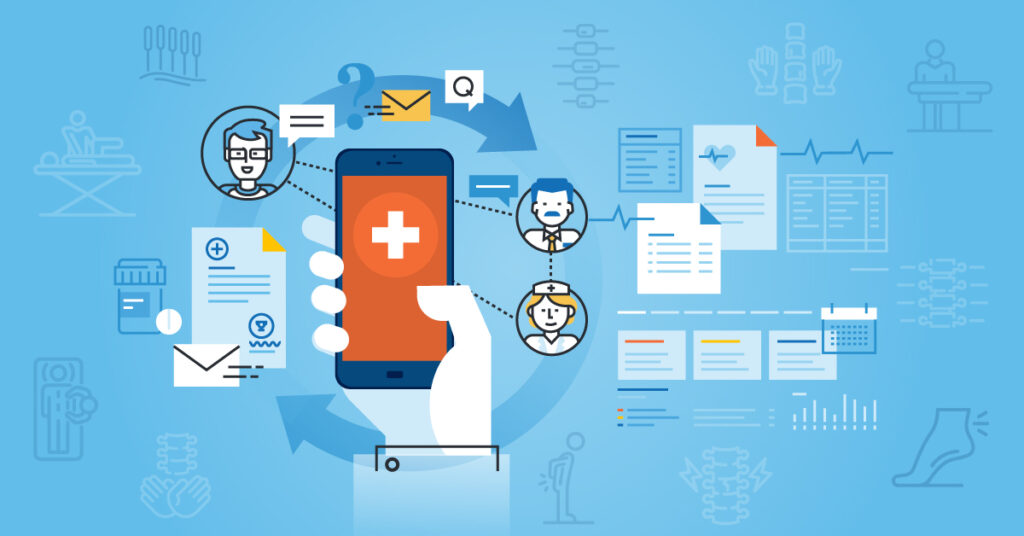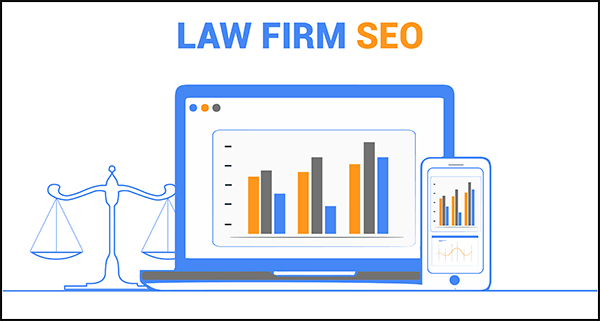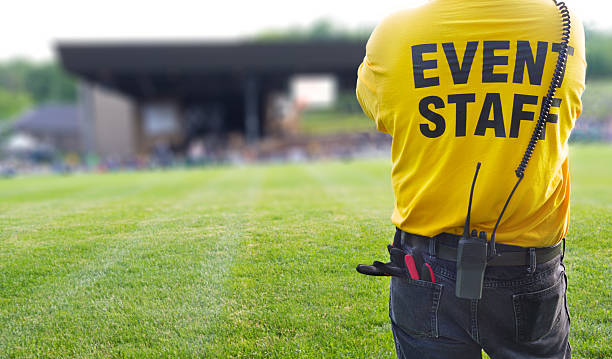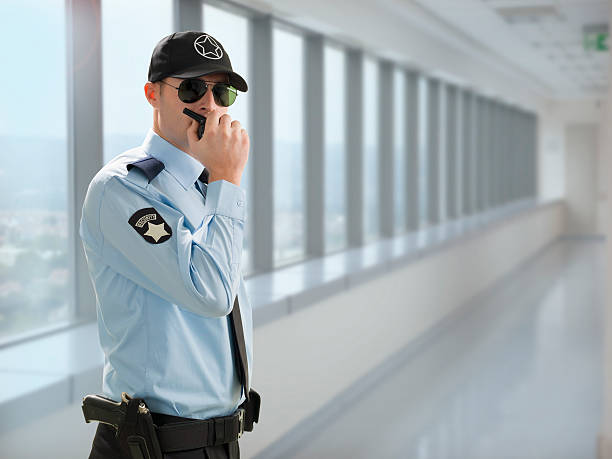Security at events stands as a pivotal pillar for success, assuring attendees’ safety and the seamless flow of activities. Whether it’s a corporate conference, a music festival, or a sporting event, prioritizing security service for events is non-negotiable. Ensuring a safe environment not only guarantees attendees’ peace of mind but also upholds the reputation and success of any event. Here, we delve into seven indispensable strategies that fortify and elevate security service for events, covering everything from risk assessment to crowd management.
Table of Contents
- Understanding Risk Assessment
- Advanced Access Control
- Crowd Management Techniques
- Technology Integration
- Emergency Preparedness
- Staff Training and Coordination
- Post-Event Evaluation
- FAQs
- How do I assess potential security risks for an event?
- What technologies are essential for event security?
- How can I ensure effective staff coordination during an event?
- What steps should be taken in case of an emergency during an event?
- Why is post-event evaluation crucial for security improvement?
- How can crowd management contribute to event security?
- Conclusion
Understanding Risk Assessment
To establish a robust security service for events, recognizing potential risks is essential. Ensuring attendee safety begins with identifying and evaluating possible threats that might arise during the event. By meticulously analyzing various scenarios and vulnerabilities, event organizers can proactively plan security measures tailored to mitigate these risks.
Advanced Access Control
Securing an event requires strict access control measures. Advanced access control involves using technologies such as RFID wristbands or biometric scanners. These measures enable precise monitoring of entry and exit points, ensuring that only authorized personnel can access designated areas, and enhancing overall event security.
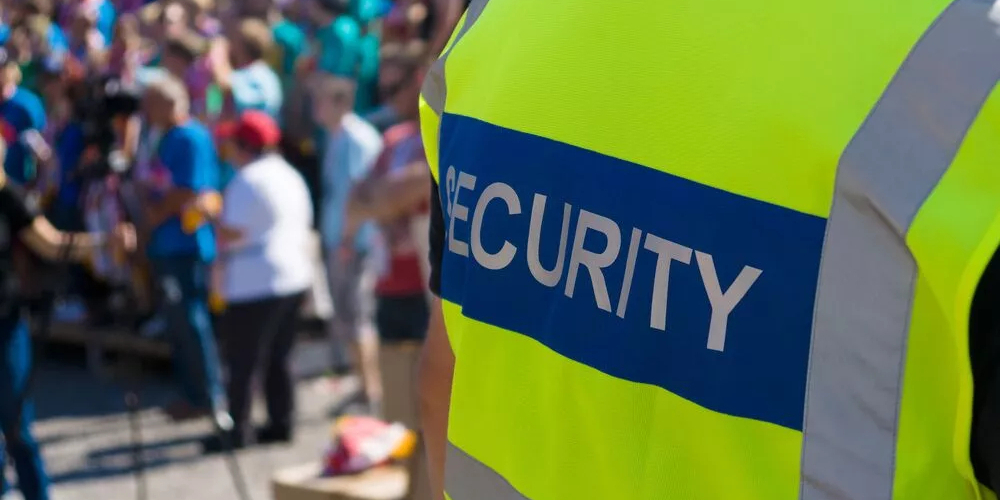
Crowd Management Techniques
Efficient crowd management ensures a smooth and safe event experience. Employing crowd management techniques involves detailed planning to facilitate easy movement while maintaining order. Key strategies include designated pathways, clear signage, and trained staff to guide attendees, ensuring a well-organized event environment.
Technology Integration
Integrating cutting-edge technology significantly enhances event security. Utilizing CCTV cameras, drones, or AI-powered surveillance systems aids in real-time monitoring and quick responses to potential security threats. These technological tools play a vital role in bolstering the overall security infrastructure of the event.
Emergency Preparedness
Anticipating and preparing for emergencies is critical in event security. Developing response protocols involves creating contingency plans for various crises. This readiness ensures a swift and effective response in emergencies, prioritizing the safety of all attendees and personnel present at the event.
Staff Training and Coordination
Well-trained and coordinated staff form the foundation of event security. Empowering the team involves comprehensive training on security protocols and effective communication strategies. This ensures seamless collaboration among staff members, fostering a cohesive and efficient security operation during the event.
Post-Event Evaluation
Learning from each event experience is vital for continual improvement in security measures. Conducting post-event evaluations involves assessing the effectiveness of implemented security measures. This analysis allows for refinement and adjustments for future events, contributing to an overall enhancement in event security protocols.
FAQs
How do I assess potential security risks for an event?
Understanding the event’s nature and previous incidents aids in identifying potential risks.
What technologies are essential for event security?
CCTV cameras, RFID technology, and AI-powered surveillance systems are integral for comprehensive security.
How can I ensure effective staff coordination during an event?
Regular training sessions and clear communication channels foster cohesive teamwork among staff.
What steps should be taken in case of an emergency during an event?
Clear protocols and drills for emergencies must be in place, ensuring a swift and organized response.
Why is post-event evaluation crucial for security improvement?
Evaluations provide insights into the effectiveness of security measures, guiding enhancements for future events.
How can crowd management contribute to event security?
Effective crowd management ensures orderly movement and facilitates quick responses in case of any incidents.
Conclusion
Elevating security service for events demands a comprehensive approach encompassing risk assessment, technological integration, and well-trained staff. By implementing these strategies, event organizers can ensure a safe and seamless experience for attendees. Remember, prioritizing security not only fosters attendee trust but also safeguards the success and reputation of every event.

